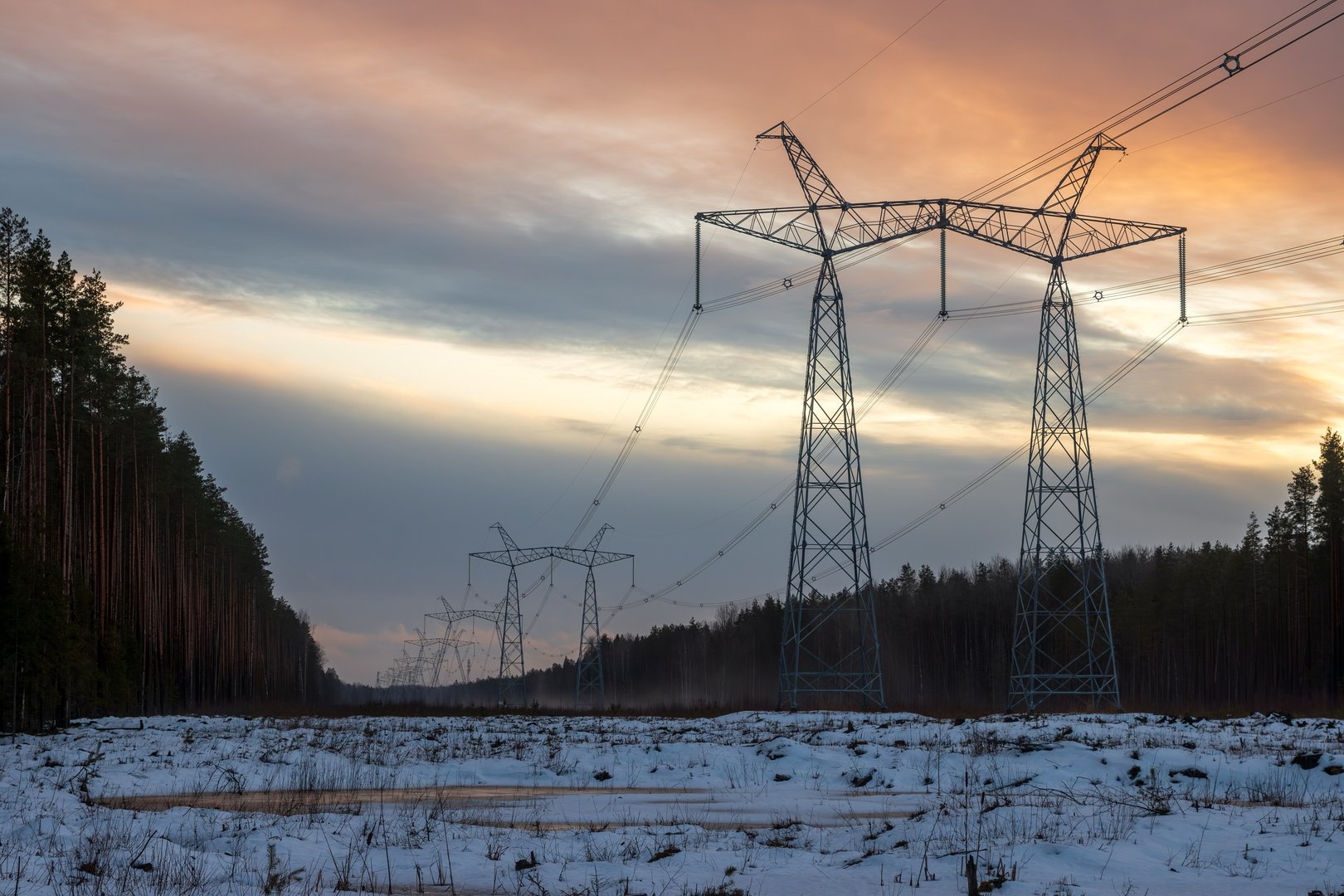Climate Change: Misinformation and the Role of AI

Last month, the International Panel on the Information Environment (IPIE) warned that climate misinformation is deepening the environmental crisis by fueling climate denial and public scepticism. Recently, UN Special Rapporteur on Human Rights and Climate Change, Elisa Morgera, called for the criminalisation of climate misinformation and greenwashing, arguing that such deliberate deception is obstructing progress at a critical time.
But in an era where information moves faster than ever, another force is amplifying the problem: what role is artificial intelligence playing in spreading or even generating climate misinformation?
The Shift from Denial to Scepticism
Whilst research has shown that complete climate denialism is on the decline, recent studies highlight that climate change deniers are now using misinformation to cast doubt on proposed solutions. According to Forbes, misinformation is rife when it comes to the effectiveness, cost and fairness of potential mitigation measures.
Take, for example, the widely circulated claim that offshore wind farms are killing whales. In 2023, former President Donald Trump echoed this narrative in a video that racked up over 9 million views. The message quickly gained traction, especially in U.S. coastal communities where slogans like “Wind Kills Whales” began appearing at rallies. The issue? There’s no scientific evidence to support any of it. Yet the story spread, highlighting just how powerful misinformation can be when it comes to shaping public opinion—especially around climate and energy policies.
The Role of AI
The widespread availability of AI and the development of tools for creating images, texts and videos enables the production of misleading content at an unprecedented scale.
The increasing use of generative AI chatbots, such as ChatGPT and Gemini, over traditional search engines is also raising concerns regarding climate misinformation. A recent study by the Center for Countering Digital Hate tested Gemini on 100 false narratives across several themes, and found that the platform produced misinformation in all 10 climate related narratives.
The challenge with AI chatbots is that they present the information as factual, often unable to provide accurate references for where the information has been obtained. With chatbots often drawing on information from companies' websites or other unvetted sources, there is a heightened risk that biased, outdated, or misleading content can be amplified without proper context or verification.
Recent findings, including from Global Witness have raised concerns about how AI chatbots handle questions related to fossil fuel companies. When asked about emissions data, some chatbots responded with vague assurances—such as noting a company’s “commitment to sustainability”—despite lacking any concrete figures. These kinds of narratives, presented without evidence, risk echoing greenwashing tactics that obscure the actual environmental impact of these companies. As conversations around regulating climate misinformation continue, the role of AI-generated content introduces new challenges for ensuring accuracy and accountability.
AI as a Tool for Climate Action
However, AI is emerging as a transformative tool in accelerating climate action through improving climate education. AI-enhanced immersion technologies are predicted to reduce knowledge absorption time in a move towards more cognitive forms of learning, whereby the recipients of the knowledge can comprehend, remember and apply the newly understood ideas in real-world scenarios.
Immersive technologies, such as Virtual Reality, provide a more engaging form of education, vital for bridging communication gaps and making complex scientific data more accessible. Moreover, this immersive learning experience not only deepens understanding but inspires a stronger sense of urgency to counter the growing salience of climate scepticism.
AI holds immense potential to both hinder and help the fight against climate change. Its expanding influence calls for thoughtful, proactive regulation to curb misinformation, encourage responsible innovation, and mitigate its own environmental footprint. While it’s not a standalone solution, with the right governance in place, AI can play a meaningful role in shaping a more informed, engaged, and climate-resilient society.
Read more like this

UK Electricity Networks and Winter Resilience
.jpg)
Turning Vulnerability into Resilience: The UK’s Critical Minerals Challenge

Climate Change: Misinformation and the Role of AI
.jpg)
AI and Healthcare: Challenges and Solutions for Ireland’s Healthcare System

